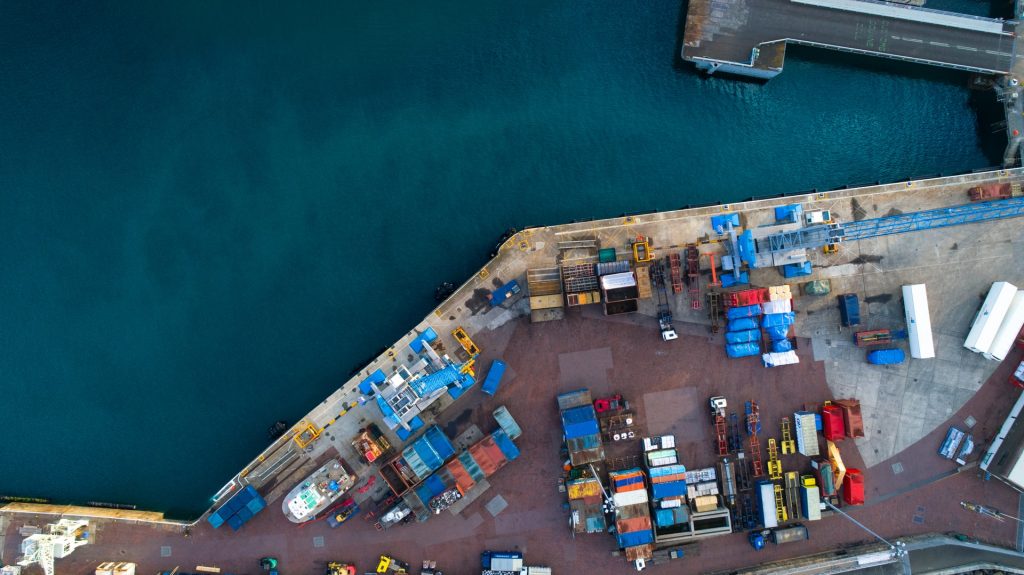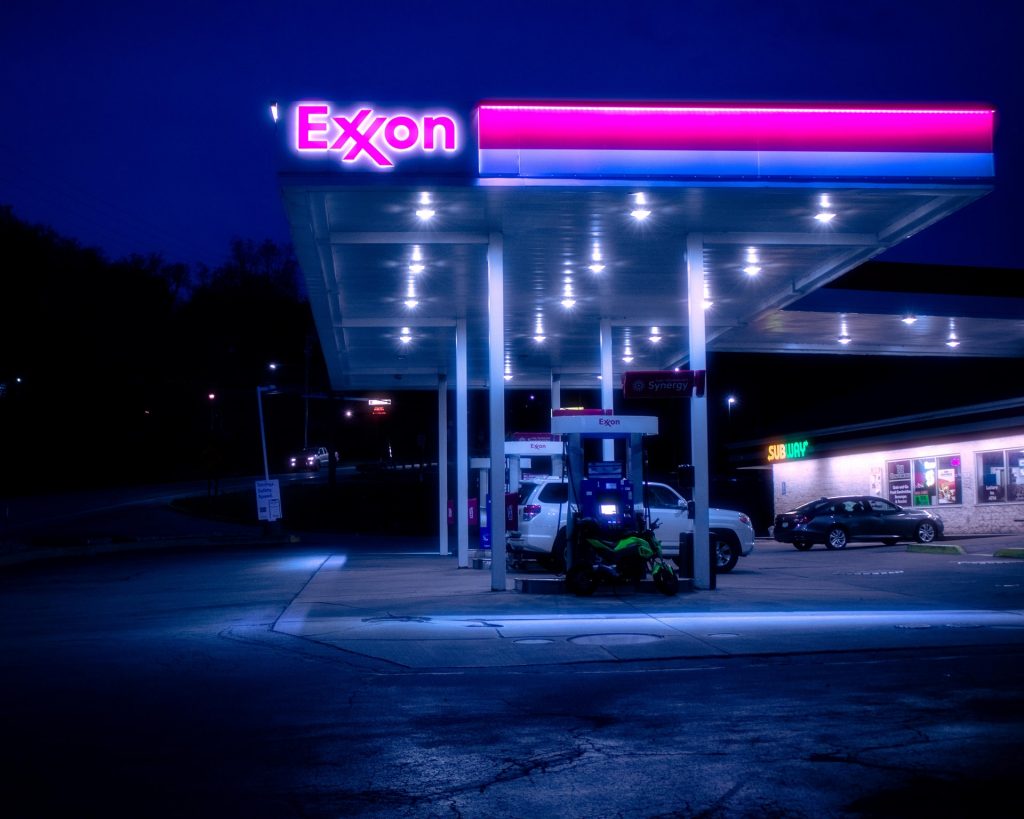The proposal looks to leverage the region’s existing energy infrastructure, including natural gas pipelines to Europe, the forthcoming Sizewell C nuclear power plant, and the North Sea’s growing roster of offshore wind projects to build a distributed hydrogen cluster.
Six “core” electrolyser sites across Norfolk and Suffolk have been identified that can be developed and scaled as demand for clean hydrogen increases.
“Hydrogen is such a versatile element and, with the ability to be deployed across a variety of sectors, we should be looking to it as a powerful tool that can aid us in the transition to Net Zero,” said Nigel Cornwall, director of Hydrogen East. “Here in the east, we need to establish our hydrogen pathway in a way that aligns with its distinct characteristics, including pathways into nuclear power, offshore wind and major energy hubs like Bacton.”
Hydrogen East foresees providing an access point to the European Hydrogen Backbone, which plans to repurpose existing natural gas pipelines from Sweden to Greece and join it with new infrastructure to distribute the clean fuel.

Hydrogen East joins a growing list of hydrogen hubs that are progressing around the country, including major government backed industrial clusters in Teesside and the northwest. Smaller projects have been proposed for sites along the south coast including Southampton, Shoreham and Portsmouth.
It will also provide clean hydrogen to help decarbonise the ports of Harwich, Felixstowe and Lowestoft, some of the largest import-export hubs in the country.
Hydrogen East joins a growing list of hydrogen hubs that are progressing around the country, including major government backed industrial clusters in Teesside and the northwest. Smaller projects have been proposed for sites along the south coast including Southampton, Shoreham and Portsmouth.
In December 2021, US oil and gas supermajor ExxonMobil said it’s exploring the potential creation of a hydrogen hub at a site near Southampton that hosts its Hawley refinery after signing a memorandum of understanding with UK gas distribution company SGN and Australian investment bank Macquarie’s Green Investment Group.

US oil and gas supermajor ExxonMobil said it’s exploring the potential creation of a hydrogen hub at a site near Southampton.
With the right government support, Exxon could begin producing about 4.3 TWh of hydrogen a year from 2030 and capture about 2 million tonnes of CO2 per annum, it said.
In mid-November, the Port of Shoreham in West Sussex granted H2 Green permission to produce hydrogen through electrolysis to power the Port’s fleet of heavy goods vehicles and forklifts before ramping up production to serve the 800 HGVs that use Port of Shoreham daily for other organisations.
Portsmouth International Port is building a modular electrolyser to produce green hydrogen for the port and the local area as part of the Shipping, Hydrogen and Port Ecosystems UK (SHAPE UK) project. It has also partnered with Cox Powertrain to convert a diesel engine to dual fuel hydrogen, a technology of particular interest to the maritime industry.
UK engineering and environment consultants Ricardo in February last year launched Hydrogen Sussex, through which to pool expertise from academia, industry, transport, and utilities to position hydrogen as a mainstream energy carrier on the south coast. Ricardo is investing £2.5 million in a hydrogen development and test facility in Shoreham.
As the UK shifts to a hydrogen-based economy expect more such projects to be announced. Every region of the country will need a local supply of hydrogen and infrastructure to carry it to businesses, whether they be steel manufacturers, chemical producers, transport facilities or renewable energy hubs.
What’s your hydrogen strategy?






